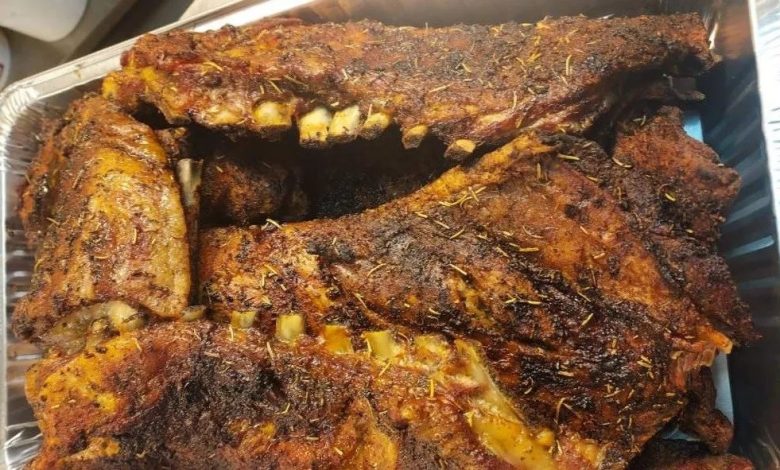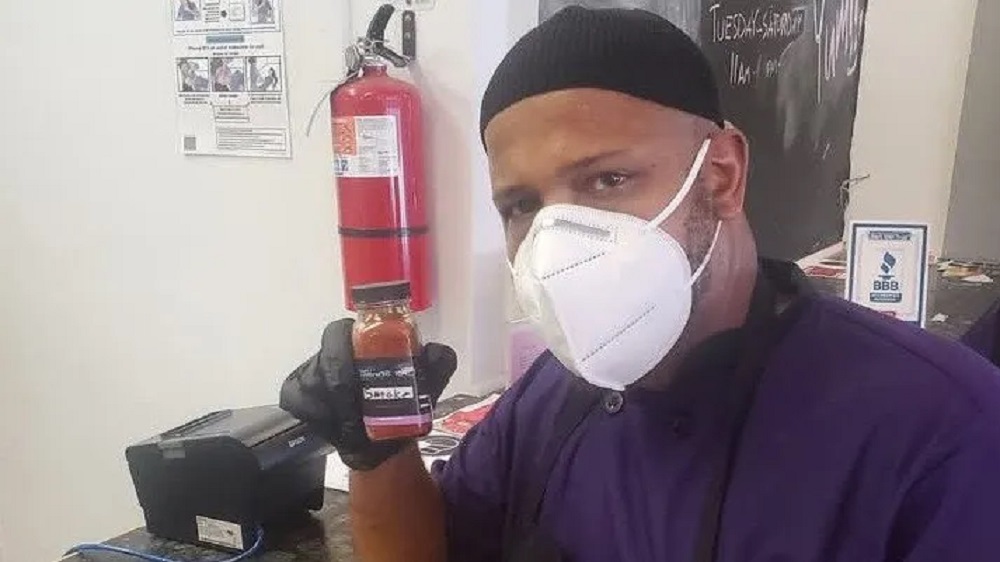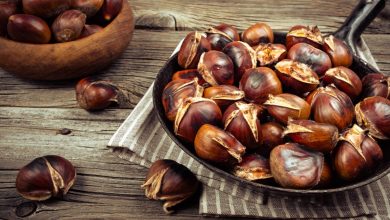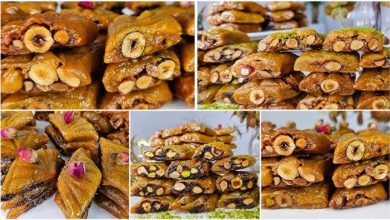Alabama’s Halal Food Revolution: Zabiha Meets Southern Soul
Chef Ashurah Ali Mustaqeem transforms Southern cuisine with halal innovation, bringing Zabiha food culture into the mainstream.

When I reached the founder of one of Alabama’s most renowned halal food trucks, Ashurah Ali Mustaqeem, he apologized for being distracted—he was in the middle of making strawberry barbecue sauce for lamb ribs. That single detail captures his philosophy: bold flavors, cultural fusion, and a deep respect for Islamic dietary traditions.
His food truck, Alabama Ali, offers curried oxtails, Caribbean jerk chicken, agave-glazed fried chicken and waffles, and his signature lamb ribs. More than just a menu, it reflects the story of Muslim communities in Alabama, their history, struggles, and growing presence in the South.
The Roots of Southern Islam
Muslims have lived in the American South since the 17th century, when enslaved Africans brought their faith across the Atlantic. Yet it wasn’t until the civil rights era of the 1960s and the immigration reforms that followed that Muslims began openly practicing their religion in Alabama.
Today, tens of thousands of Muslims call the state home. In Birmingham alone, nearly half of Alabama’s Muslims live, shop, and worship, creating new demand for halal food. Increasingly, that demand has shifted to Zabiha halal—a stricter form of halal slaughter emphasizing prayer, humane treatment, and precision.
Mustaqeem embraces that standard. His slogan reads: “Not just Halal, but Zabiha!”

Challenges in the Supply Chain
While demand for halal meat grows, sourcing remains difficult. Many Alabama farmers send their Zabiha-certified livestock to Detroit, home to America’s largest Arab American community. That leaves chefs like Mustaqeem reliant on Michigan-based suppliers to meet customer demand.
Still, change is coming. Companies like Mar-Jac Poultry in Birmingham, responsible for about 5% of the nation’s halal chicken, are raising the bar by using all-Muslim slaughter crews and ensuring halal feed free from lard. Their practices highlight a broader shift toward transparency and authenticity.
Community Voices
For many Muslims in Alabama, Zabiha isn’t just a dietary choice but a spiritual commitment.
-
Kirin Nabi, a Hoover resident, recalls how learning about Zabiha during a religious study circle inspired her to fully adopt it.
-
She now shops at both small halal butchers and Restaurant Depot, stocking everything from gyro strips to turkey pastrami.
-
“If it’s a priority, you’ll make it work,” she says.
A Culinary Bridge
Mustaqeem, who converted to Islam 30 years ago, has reimagined soul food staples to align with halal requirements. His truck doubles as a cultural bridge, serving Afro-Caribbean stews, Indian-inspired gyros, Nigerian-Mediterranean falafel, and even jerk Alfredo.
He adapts dishes for different communities:
-
Pakistani customers get heat-packed masala sausages.
-
African dishes feature local American vegetables.
-
Italian food comes with a Caribbean twist.
But his lamb ribs remain the ultimate showstopper—selling 500 pounds in just two hours at a halal festival in Atlanta.

The Bigger Picture
For Mustaqeem, halal is more than business. It’s about inclusion, education, and identity. By blending halal with Southern comfort food, he is not only preserving Islamic dietary practices but also pushing Alabama’s food culture into new territory—one that acknowledges diversity while celebrating tradition.
As he says: “When I design a menu, I design it for the people I’m dealing with. If they’re not conscious, I try to educate them.”



